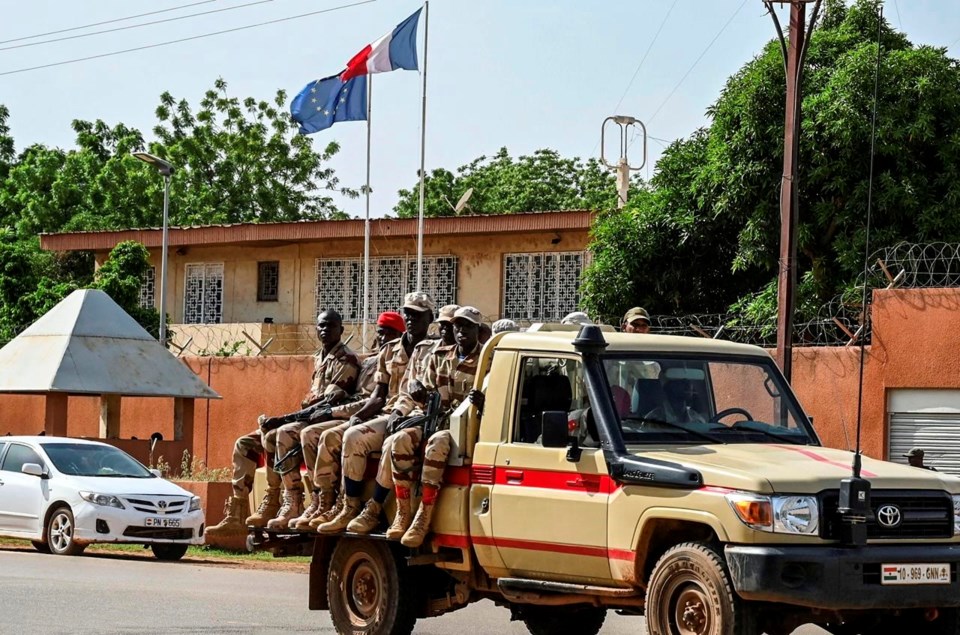Los Angeles/DNA - Nations in Africa's Sahel region can build more resilient institutions and foster long-term development by leveraging their natural resources more effectively, a recently published report focusing on Burkina Faso, Mali, Niger and Sudan says.
The report by the Luskin School of Public Affairs at the University of California Los Angeles (UCLA) argues that the four countries should aim to transition away from relying exclusively on the extraction of natural resources. It attributes much of the challenges facing the four countries on unsustainable economic policies which focus on the export of raw materials.
Titled "Political Instability and Economic Development in the Sahel: Governance in Burkina Faso, Mali, Niger, and Sudan since 2000", the report argues that although some improvements have been made in terms of governance, the four countries continue to face significant developmental challenges and still rank among the world's poorest.
According to the 2022 Berggruen Governance Index (BGI), which examines countries in terms of democratic accountability, state capacity, and quality of life, there have been steady improvements in the Sahel countries, notably when it comes to the provision of public goods.
However, all four states have experienced at least one coup or coup attempt since 2020. "This political upheaval is both the result and the cause of economic difficulty", the authors write. "Scarcity breeds instability, which in turn makes development, investment, and growth more difficult, further fuelling dysfunctional governance, and deepening dependencies."
If the states in the Sahel region prioritize domestic economic development, including a focus on the production of value-added goods and sustainable agriculture, they can build resilience and reduce dependency on external actors, the authors conclude.
-------------------------------------------------------------------------------------
The following information is not intended for publication, but contains notes for the recipients:
This text and the accompanying material (photos and graphics) is an offer from the Democracy News Alliance, a close co-operation between Agence France-Presse (AFP, France), Agenzia Nazionale Stampa Associata (ANSA, Italy), The Canadian Press (CP, Canada), Deutsche Presse-Agentur (dpa, Germany) and PA Media (PA, UK). All recipients can use this material without the need for a separate subscription agreement with one or more of the participating agencies. This includes the recipient's right to publish the material in own products.
The DNA content is an independent journalistic service that operates separately from the other services of the participating agencies. It is produced by editorial units that are not involved in the production of the agencies' main news services. Nevertheless, the editorial standards of the agencies and their assurance of completely independent, impartial and unbiased reporting also apply here.
The Canadian Press




